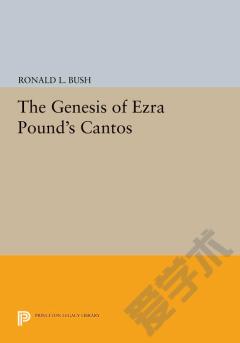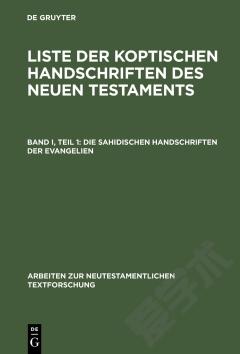The Levitical Authorship of Ezra-Nehemiah
The study of Ezra-Nehemiah has been revolutionized in recent years by a growing rejection of the long-established belief that it was composed as part of the ChroniclerGCOs work. That shift in scholarly paradigms has re-opened many questions of origin and purpose, and this thesis attempts to establish an answer to the most important of these: the question of authorship. Here, Kyungjin Min argues that Ezra-Nehemiah most likely originated in a Levitical group that received Persian backing during the late-fifth century BCE and that valued the ideologies of decentralization of power, unity and cooperation among social groups, and dissatisfaction with the religious status quo.
{{comment.content}}








 京公网安备 11010802027623号
京公网安备 11010802027623号